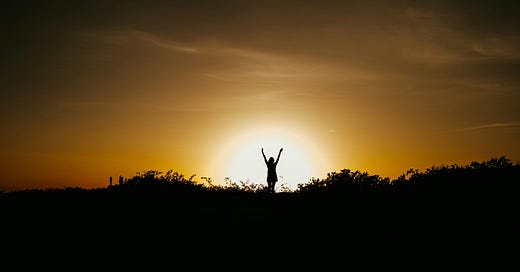Why Third-Culture Kids May Struggle to Say Where They’re From
I’m a human of the world; isn’t that enough?

Abnormally Normal is entirely reader-supported, and while it will always be fully accessible to all, if you read it regularly and benefit from the content, please consider becoming a paid subscriber. Or, you can show appreciation for my work and buy me a coffee.




